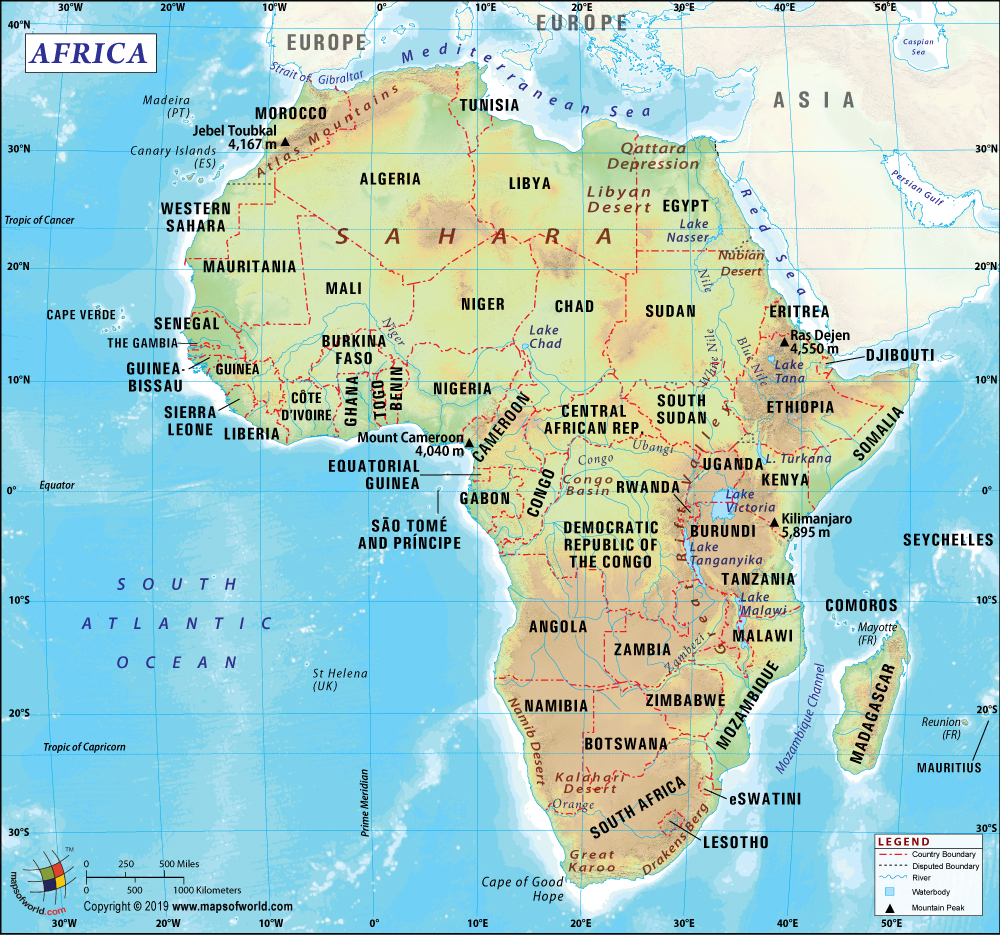What is the Capital of Burundi?

The Republic of Burundi is situated in Central Africa and is one of Africa’s most densely populated countries, with a population of 11 million. With Lake Tanganyika of the Democratic Republic of Congo to its west and south, Tanzania to its south and east, and Rwanda to its north, Burundi is a tiny country in the heart of Africa that was earlier called Urundi Rwanda. The capital of Burundi is Gitega. It shifted from the city of Bujumbura (which is near Lake Tanganyika) to Gitega, which is 39.15 miles further inland, in January 2019. Bujumbura was both the political and the economic capital of Burundi, and while it remains the financial capital, the new political capital of Burundi is Gitega. Burundi’s last king Ntare V was born in Gitega. It is an estimation that it will take three years for all departments of the government to complete the movement to Gitega.
What is the History of Burundi?
Burundi refers to a region in Central-East Africa that became an independent kingdom under the rule of a monarch (or Mwami) in the 16th century. It was home to the Hutu and Tutsi tribes, which are the two main ethnic groups in Burundi, even today. Another ethnic group, Twa, made up a minuscule percentage of the population. With the rise of colonialism in the 19th century, in 1809, Urundi and its neighboring kingdom Ruanda became the colonies of Germany. By 1923, the League of Nations mandated Belgium to rule over Ruanda-Urundi. Urundi became Burundi when it seceded from Belgium in 1962 and became an independent kingdom ruled by King Mwambutsa IV.
When did Burundi Transition to Democracy?
In 1966, the monarchy got overthrown, and the country became the Republic of Burundi. Following a period of ethnic conflict, the first democratic elections happened in 1993, but the elected president got assassinated the same year. Political unrest and violence followed until the second democratic election held in 2005, when President Nkurunziza, the current president, came to power. He was elected president in three consecutive elections in 2005, 2010 and 2015.
Why was the Political Capital Moved to Gitega?
Historically, Gitega was the administrative center when Burundi was a colony. It was also the capital of the Kingdom of Burundi until 1966. Gitega located centrally is at a distance of 39.15 miles from Lake Tanganyika in the west and Tanzania in the east and 46.60 miles from Rwanda to its north. Hence, in 2007, Burundian President Nkurunziza announced that the political capital would shift from Bujumbura to Gitega.
What are the Key Features of Gitega?
Gitega is the second largest town in Burundi, with a population of nearly 725,223 as of 2008 and an area of 1,979 square kilometers. It is considered the center of religion and education, because of its National Museum, the Archdiocese, the schools, and the places of worship.
Why is Bujumbura the Commercial Capital?
Bujumbura is the largest city in Burundi, with a population of nearly 400,000 people. It is the commercial capital of Burundi because it has the country’s principal port on Lake Tanganyika, the international airport is near the city, and it is connected by road with the Democratic Republic of Congo and Rwanda. Textiles, leather, paper, chemicals, and agricultural products are the primary industries located in Bujumbura. Bananas, cassava, beans, corn (maize), wheat, and cotton are grown in the surrounding areas. Also, the University of Burundi and the Center of Burundi Civilization are in the city.
Which Other African Countries have Shifted Their Political Capitals?
Many African nations have relocated their political capitals in recent years, including Côte d’Ivoire, Tanzania, and Nigeria. Since most African countries have had to deal with a growing population and increasing urbanization, many have built futuristic new cities to take care of this, including countries like Senegal, Nigeria, and Ghana.
Related Links:

